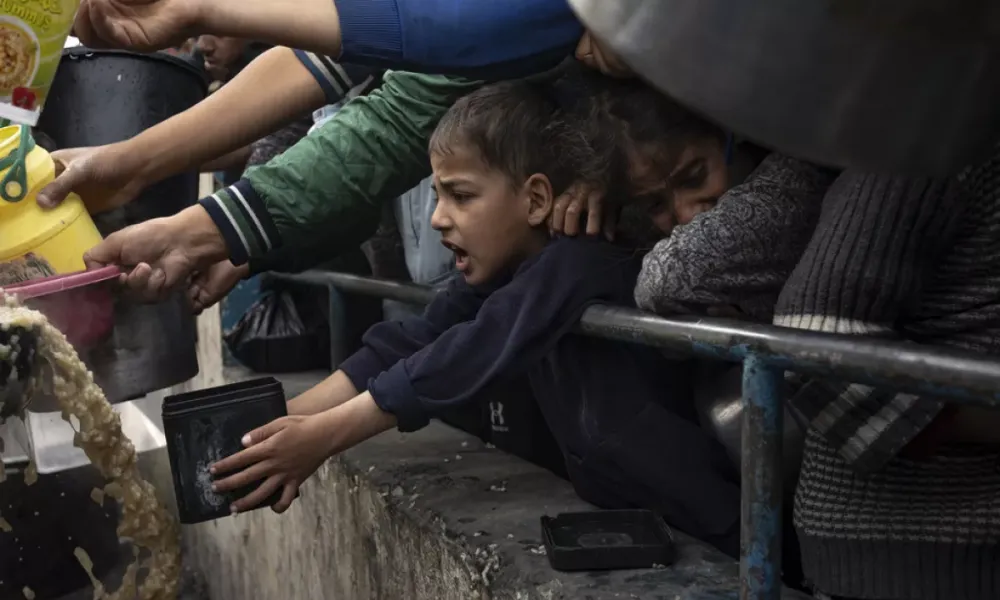By Joanna Lambrou
Doomscrolling through TikTok goes like this: dance, product, cat, product, undisclosed ad, disclosed ad, live, something deeply racist or ableist, genocide, cat, product, oh-cool-suggestions-for-films–oh-it’s-an-ad, product, dance. When scrolling I genuinely think my irises reflect what I’m watching, like a zombie - those images seep into my brain, latch onto my nerves, and drain my head of whatever thoughts were left.
This is not an accident. Infinite scroll was designed to make stopping feel unnatural; algorithmic feeds have perfected the art of keeping you hungry without ever letting you feel full. The system thrives on contrast: banality, cruelty, and horror stitched together with cats and cosmetics. It makes genocide and the horrors of reality consumable, not as history or crisis, but as just another tile in the carousel.
We cushion ourselves with this diet of nothing. We pad our days with irony, sarcasm, hate. Art - the act of actually reading, watching, listening, thinking - feels too heavy for an attention span that’s been trained to flinch. Gaza ruptures that endless loop; no cat and no supermarket or cosmetics haul can cover it. The debate, however, is whether we can actually act, or have we become too desensitised? Protests, op-eds, donations - they do matter. They don’t stop the genocide, but they matter for the people living it, for the aid that gets through, for the millions of witnesses around the world - put us all on the stand in The Hague, we solemnly swear to tell the truth, the whole truth, and nothing but the truth. The risk is that our outrage, too, is just another clip in the feed, felt for 30 seconds and buried by the next outfit check, the next dance, the next ad.
The crisis in my head is that not only does genocide exist in our world, but that we experience it through a system designed to flatten our attention. The algorithm feeds us Gaza like it feeds us skincare, and unless we fight for depth, for slowness, for persistence, we risk letting our capacity for action atrophy into trending sounds.
The work now is twofold: to keep speaking, protesting, donating, writing for Gaza, always - and to relearn how to attend, how to stay with an image or a text long enough that it changes us. Art once taught us this and it still can, if we let it.
